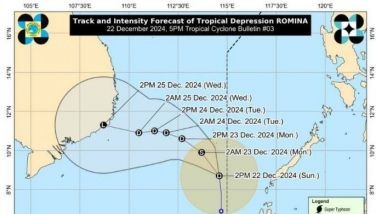Aspirin may protect against dementia in type 2 diabetes

Daily low-dose aspirin reduce the incidence of dementia by more than one-third in patients with type 2 diabetes mellitus in the randomized JPAD 2 study.
The benefit was restricted to women with T2DM. During a median 9.7 years of follow-up, the incidence of dementia, as defined by prescription of anti-dementia drugs or hospitalization for dementia, was 2.7 cases per 1,000 person-years in those assigned to standard care. This translated to a 60 percent relative risk reduction in a multivariate adjusted for age, hypertension, dyslipidemia, smoking, and hemoglobin A1c level.
In men with T2DM, there was no significant difference in rates of new-onset dementia between the low-dose aspirin and control groups.
JPAD 2 was a multicenter prospective cohort study of 2,536 Japanese patients with T2DM who previously participated in the open-label randomized Japanese Primary Prevention of Atherosclerosis with Aspirin for Diabetes (JPAD) trial, which ran from 2002 to 2008. Patients’ average age at baseline was 64 years; they had a seven-year duration of diabetes and no history of cardiovascular disease or dementia. When JPAD ended, patients continued on in JPAD 2, with follow-up through July 2015.
In the overall JPAD 2 population, the dementia incidence rate was 3.6 per 1,000 person-years in the low-dose aspirin group, compared with 4.9 per 1,000 person-years in controls, for a highly significant 35 percent relative risk reduction in a fully adjusted multivariate intention to treat analysis.
During follow-up, 15 percent of patients switched from low-dose aspirin to no aspirin or vice versa, prompting investigators to perform a per protocol analysis of the data. The results were essentially the same as in the intent-to-treat analysis.
JPAD 2 was the first-ever study to evaluate the long-term efficacy of low-dose aspirin for prevention of dementia specifically in patients with T2DM, a known risk factor for dementia. Other observational and randomized controlled studies have yielded inconsistent results. For example, a recent meta-analysis of five studies with a median six-year follow-up found an 18 percent relative risk reduction in onset of dementia or cognitive impairment, a difference that didn’t achieve statistical significance.
Asked to speculate on the mechanism for the divergent efficacy of low-dose aspirin in men and women with T2DM in JPAD 2, investigators said, play of chance may have had a partial role. The incidence of dementia was roughly 50 percent greater in the JPAD 2 women than in the men, so the study may have been under-powered to look at the dementia rate in men. But there may be a biologic mechanism at work, as well: Apolipoprotein E4, which is linked to increased risk of dementia, is believed to interact with gender.
- Latest
- Trending































